I don’t know how I came to own my first diary, but however that happened, it changed my world.
Part of my day job involves doing transcription work for the recorded lectures and various talks given at Cornell University since the late 1950s through the 1990s. There are nearly eight thousand of these recordings. In the past three years, we’ve managed to get through a couple hundred. Some I struggle with. Others are so enjoyable it doesn’t feel like work at all. They’re all educational, which is wonderful. And on a few rare occasions, I’ve been blessed with not just learning about the speaker and their work, but I’ve learned things about myself. I’ve even sat at my desk crying because suddenly something about who I am makes so much sense and I don’t feel so alone in the way I think and the things I do and believe.
This is the portion of a transcription project that got my tears flowing.
“My mom, noticing that I would not speak, gave me a diary when I was about 12 or 13 years old, one of those cheap, you know, white plastic diaries that say, “My One Year Diary,” on it. And she said to me, “Gloria, I know there are probably things in your home that trouble you. And they’re probably things at school that trouble you and since you can’t seem to talk about them, why don’t you write about them in here.” And it was from that moment that I began to connect in my mind, the un-verbal, the nonverbal chaos within me, with the ability to put down words. What I could not say, I begin to say with words, I began to say on the written page, and to this day I do not differentiate between that little cheap diary I started to keep when I was 12 years old and the last novel that I completed. All of it, to me, is a way of trying to make sense out of the senseless. It’s a way of letting my voice be heard. Because even to this day, I cannot talk about those things which indeed matter the most, which hurt the most. And I will normally write them out, you know? Woe be tied to my enemies because it’s all written down.” – Gloria Naylor
The Evolution of a Writer’s Voice; Gloria Naylor reads and reflects on her own work.
Cornell University Lecture Tape Series, recorded Nov. 21, 1988
Yes, indeed, nearly everything of significance that has happened in my life since that first diary began in January 1977 when I was 11 years old is written down. Being able to write when I was unable to talk has, without a doubt in my mind, literally saved my life more times than I can say. Some people swear by therapy, talking to someone, but that has never worked for me. When your throat literally tightens at the very idea of speaking about those things that matter most to you, writing has gotten those things out. It’s unclogged, unwound, relaxed, soothed, comforted, and released those pent-up thoughts. I would rather write a ten-page letter that may take over an hour to create, than speak for ten minutes about certain subjects. I am not a talker. I am a writer.
That isn’t to say I can’t speak. Those who know me know very well otherwise, but it takes a long time for me to be comfortable enough to share who I am deep inside and some things I never share other than in my diary. I still keep one to this day. Small talk annoys me. I’d rather listen. I’d rather learn before I speak. I’d rather get to know someone else before revealing myself. But never, ever have I revealed everything to anyone. But, that’s okay. It comes out in bits and pieces in my art be that writing stories or poetry, drawing, painting, or even in the songs I love to listen to.
Introvert? Definitely. ADHD? Quite possibly. Family genetics? Ever more likely. Whatever the reason, which frankly I don’t feel really matters, I am grateful for it as it’s made me the writer I am today.
As mentioned in my January Blog, Dracula, The Wild West, & Me several of my ancestors on my mother’s side are known for their love of writing and storytelling. My great-great-great grandmother, Eudora Boughton Legg and her daughter Velma Legg Meddaugh both kept diaries that still exist to this day. My great uncle, Frank Legg Meddaugh was the author of at least one short story that I know of. Joe Bing was written in 1959 for his fourteen grandchildren. It would later be published by his daughter, Catherine M. Deming and illustrated by Mary M. Pond, one of his granddaughters, in 1976. Catherine was an author and researcher extraordinaire in her own right as she who would compile the family history book Grandma’s & Grandpa’s of Yesteryear, an ancestry of the Meddaugh-Deming Family in 1982, long before Ancestry dot com came along!
All that being said, My Journey West, The 1871 travel diary of Eudora Boughton Legg is now available to the public over on Amazon for all of $5 + shipping! It’s no family genealogy tome, but it does add a small chapter to the story of who I am, and where part of my writing voice came from.
I finished reading Big Magic, Creative Living Beyond Fear by Elizabeth Gilbert recently. Incredible book. I first heard of it while watching Ear Biscuits, a podcast put out by Rhett & Link of Good Mythical Morning fame. It was Rhett’s Rec of the week and as it sounded interesting so I added it to my Amazon Wish List and happily received it in December as a gift. It’s all about being creative without holding up any expectations of what you are going to do or be with that creativity other than it making you a more joyful, fulfilled person! It’s a lesson I’ve slowly been learning when it comes to my writing. Monthly royalties have paid a few bills here and there, or given us a nice dinner out, usually they’ll only cover a cup of fancy coffee! Big Magic assures me that what I’ve slowly been learning on my own with this Creative Writing Gig, is okay. As long as I’m having fun and enjoying the stories and the challenges that come with writing novels, that’s a perfectly good, wonderful, and joyous way to live my life.
I want to share this brief quote from Big Magic.
“Your own reasons to create are reason enough. Merely by pursuing what you love, you may inadvertently end up helping us plenty. (“There is no love which does not become help,” taught the theologian Paul Tillich). Do whatever brings you to life, then. Follow your own fascinations, obsessions, and compulsions. Trust them. Create whatever causes a revolution in your heart.”
Big Magic, Creative Living Beyond Fear by Elizabeth Gilbert : Riverhead Books; Reprint edition (September 27, 2016)
That isn’t to say I still don’t hope to hit it big one day, but it’s okay if I don’t, too. If nothing else, maybe somewhere down the family line I’ll be known as the great-great grandmother or great aunt who kept a string of diaries covering 70+ years and wrote Horror novels for fun. – And that, my friends, is a very awesome legacy indeed.
Finding freedom in your creativity doesn’t seem like it would be that difficult, but it can be. The secret is to drop ALL pretenses of fame and fortune, the notion that your painting, your song, your book, your sculpture, your movie, your creation is going to change the world and make you a millionaire. You need to create for YOU and YOU ALONE. Pour your heart and soul into that creation without regard to what anyone else thinks. Fill it with all your secrets, loves, hates, desires, fears, tears, and longings. Make it a physical manifestation of whatever you are going through at the time.
Years ago, when I first got interested in magic and all things witchy, one of the first lessons I learned was that the more emotion you can put into a spell, the better. That’s what charges and sends out the manifestation you are conjuring for the Powers That Be to then act upon. That’s where the Big Magic is. That’s the kind of power and passion you should be putting into your creations, your art – not worrying about what others will think or how much money you’ll make from it. The best part of all this is you never HAVE to tell a single person a darn thing about what inspired you. It can be your secret diary forever and ever and it’s none of anyone’s business.
What I’ve Been Reading:
To The Devil, A Cryptid by Hunter Shea
From Twisted Roots by S.H. Cooper
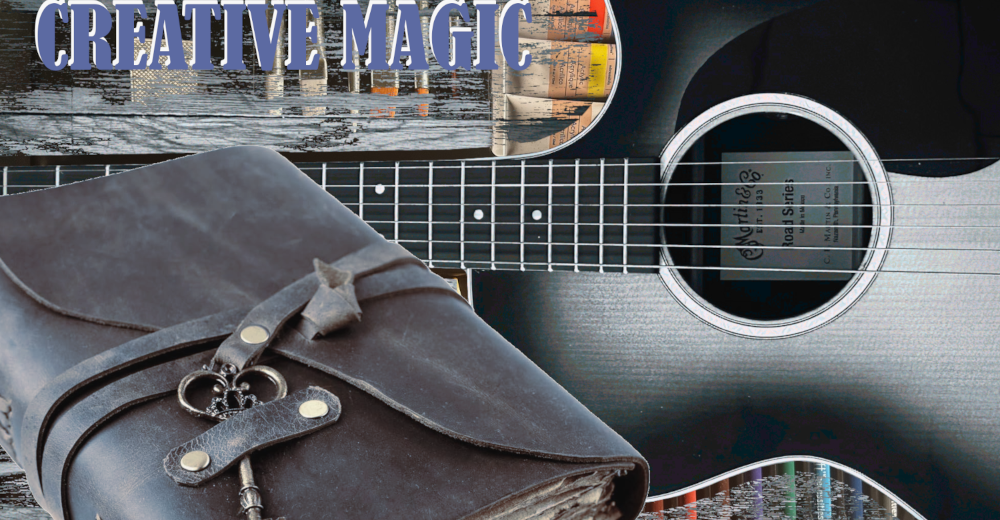
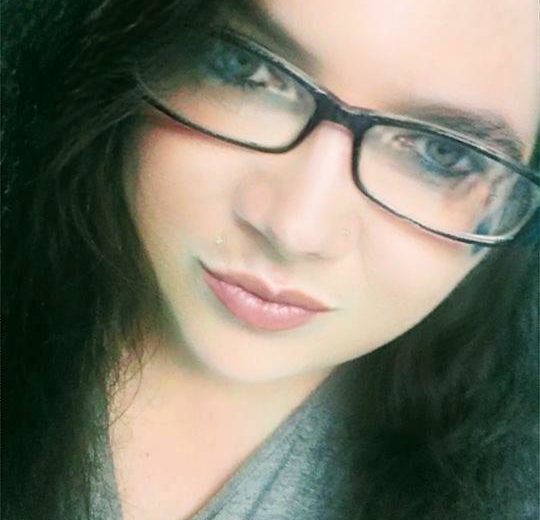
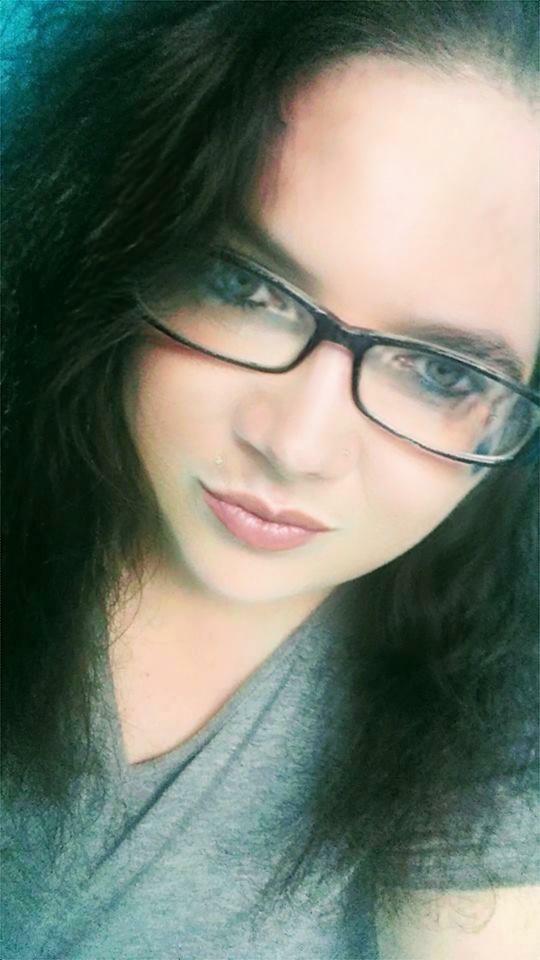 Poetry is a lot more personal! While I’ve been sharing my stories since I was in middle school, it took a lot longer to share my poetry. I remember my first poem, when I was about 17. I was sitting in a dark room, candles lit, and heartbroken over some boy. I wrote often, after that. It seemed a good way for me to purge my demons. A few years ago, I had this author buddy. While we were chatting one day, she mentioned that she was proofreading a poetry book. I decided to share my work with her. And she loved my words. Encouraged me to publish.
Poetry is a lot more personal! While I’ve been sharing my stories since I was in middle school, it took a lot longer to share my poetry. I remember my first poem, when I was about 17. I was sitting in a dark room, candles lit, and heartbroken over some boy. I wrote often, after that. It seemed a good way for me to purge my demons. A few years ago, I had this author buddy. While we were chatting one day, she mentioned that she was proofreading a poetry book. I decided to share my work with her. And she loved my words. Encouraged me to publish.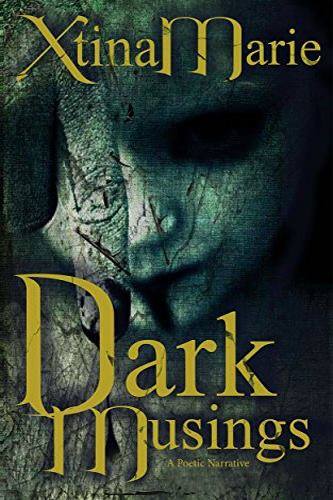 These are some good questions! The Panic Room was the idea of the former publisher I mentioned in the previous answer. We were all in a group chat on Facebook minutes before the first episode, when the boss says, “You ready, Xtina?” I about had a heart attack. Ready for what?? And no, I most certainly was not ready! But, I am a trooper. I called in and co-hosted that first episode. It was a train wreck, and I think we had 8 listeners. It was filled with embarrassing dead air, and my co-host would occasionally burst into song. We did a two hour show for a few weeks, and James Longmore was a guest on one of them. I was a tiny bit familiar with his work but had never spoken to him before. That show was great! After, the former publisher asked James if he wanted to co-host the show with the other woman and I. That company fell apart and James and I changed the name to
These are some good questions! The Panic Room was the idea of the former publisher I mentioned in the previous answer. We were all in a group chat on Facebook minutes before the first episode, when the boss says, “You ready, Xtina?” I about had a heart attack. Ready for what?? And no, I most certainly was not ready! But, I am a trooper. I called in and co-hosted that first episode. It was a train wreck, and I think we had 8 listeners. It was filled with embarrassing dead air, and my co-host would occasionally burst into song. We did a two hour show for a few weeks, and James Longmore was a guest on one of them. I was a tiny bit familiar with his work but had never spoken to him before. That show was great! After, the former publisher asked James if he wanted to co-host the show with the other woman and I. That company fell apart and James and I changed the name to 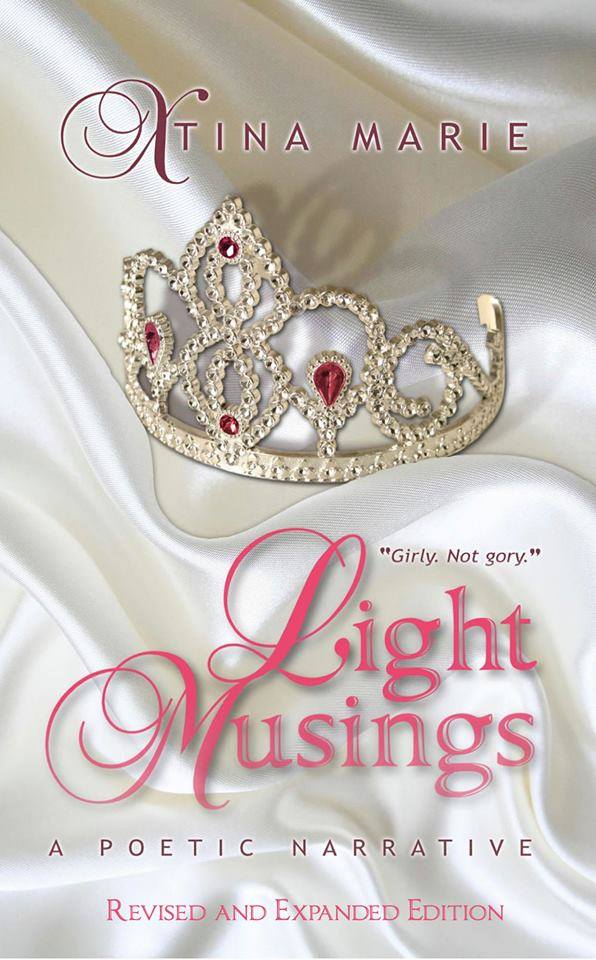 I have a book of poetry set to release in the fall, I am very excited about it. In my opinion, it’s my best poetry to date. And I am in the early stages of both a horror novel and a erotic romance.
I have a book of poetry set to release in the fall, I am very excited about it. In my opinion, it’s my best poetry to date. And I am in the early stages of both a horror novel and a erotic romance.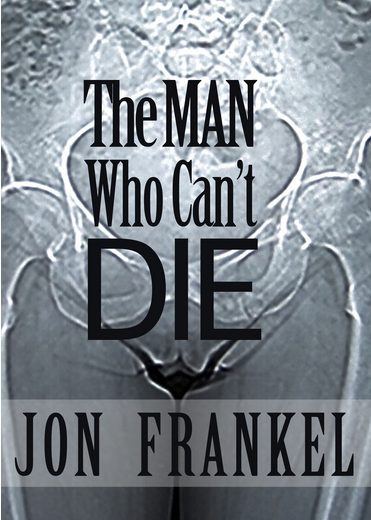
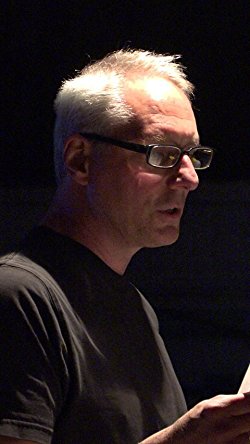

Recent Comments